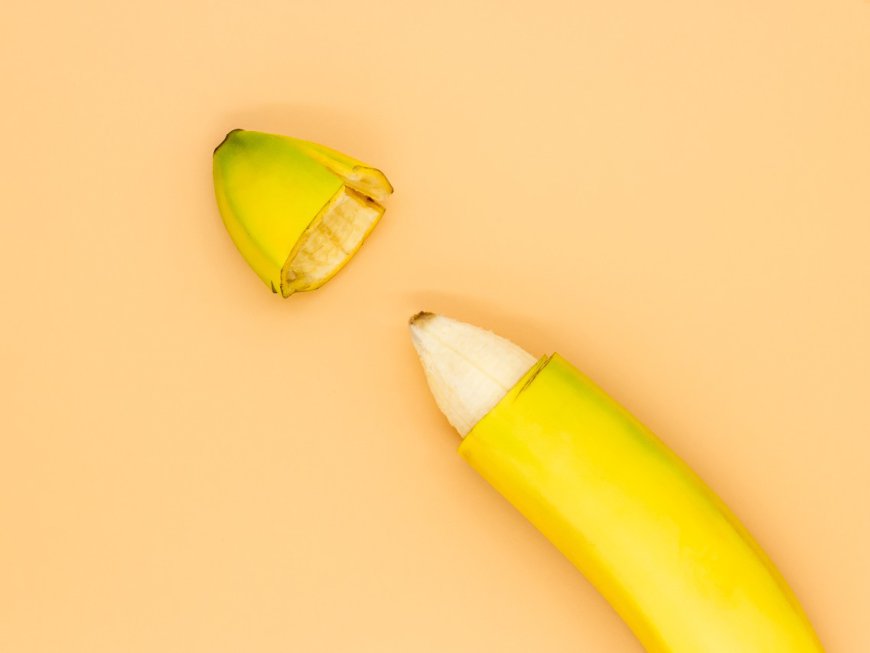Cultural Considerations Around Male Circumcision
Male Circumcision in Dubai

Male circumcision is a practice deeply embedded in the cultural and religious fabric of Dubai. As a city characterized by its rich history and diverse population, the cultural considerations surrounding circumcision are multifaceted and often reflect a blend of tradition and modernity. This article explores the cultural nuances of male circumcision in Dubai, focusing on its significance, practices, and the perspectives of various communities.
Religious Significance
In Dubai, circumcision is predominantly associated with Islamic traditions. For many Muslim families, it is viewed as a Sunnah (a practice established by the Prophet Muhammad) and is an essential rite of passage for boys. The timing of the circumcision can vary; it is commonly performed within the first few weeks or months after birth but can also take place during early childhood.
The religious significance of circumcision often involves accompanying ceremonies and celebrations that foster community and familial bonds. The practice is seen not only as a medical procedure but also as a spiritual commitment to faith and tradition.
Cultural Practices and Ceremonies
The cultural practices surrounding circumcision in Dubai can vary significantly based on community customs and family traditions. Celebrations, such as aqiqah (a feast held to celebrate a child's birth), are often associated with circumcision, allowing families to gather and celebrate this milestone together.

In some families, the circumcision ceremony is marked by special rituals, including prayers and blessings from family elders. These gatherings can serve to reinforce familial and cultural ties, as well as a shared commitment to preserving heritage.
Perspectives from Diverse Communities
While circumcision is widely practiced among Muslims in Dubai, it is also observed by some members of other religious and cultural groups. For example, Jewish families consider circumcision a vital covenant with God and perform it on the eighth day after birth. Some Christian communities may also engage in circumcision for cultural or health reasons.
This diversity in practice allows for a broader understanding of circumcision in the context of Dubai’s multicultural society. It opens up conversations about health, tradition, and the importance of respecting individual choices within the framework of cultural identity.
Balancing Tradition and Modernity
In contemporary Dubai, there is a growing awareness of the need to balance traditional practices with modern healthcare considerations. Many families seek medical professionals to perform circumcisions safely, emphasizing hygiene and pain management. This integration of modern medical practices with cultural traditions highlights the importance of informed decision-making in preserving cultural heritage while ensuring the well-being of children.
Parents are increasingly aware of the medical benefits associated with circumcision, such as a reduced risk of infections and improved hygiene. This knowledge empowers families to make informed choices that respect both their cultural values and the health of their children.
Ethical Considerations and Informed Choice
As discussions about circumcision continue to evolve, ethical considerations surrounding the practice have gained prominence. Some advocates argue for the importance of informed consent, emphasizing that families should be educated about the potential risks and benefits associated with circumcision. This conversation is particularly relevant in a multicultural city like Dubai, where varying opinions on circumcision may arise.
Engaging in open discussions about circumcision can help bridge generational gaps and foster understanding among diverse communities. Encouraging families to reflect on their beliefs and values can lead to a more nuanced perspective on the practice, promoting respect for individual choices.
Navigating Social Norms and Expectations
In Dubai, social norms and expectations surrounding circumcision can influence family decisions. Many families feel a sense of obligation to adhere to cultural practices, especially in a community where circumcision is widely accepted. The fear of social stigma or judgment can impact how families approach the decision to circumcise their children.
However, the multicultural landscape of Dubai also allows for varying opinions, enabling families to consider their own beliefs alongside societal expectations. This negotiation of tradition and modernity is essential in navigating the complexities of cultural identity.
Conclusion
Cultural considerations surrounding male circumcision in Dubai are complex and multifaceted, reflecting the city’s rich tapestry of traditions, beliefs, and modern influences. As a practice deeply rooted in religious and cultural significance, circumcision serves as a rite of passage for many boys, reinforcing their cultural identity and sense of belonging. In the face of evolving perspectives, families are encouraged to engage in informed discussions about the practice, balancing tradition with modern healthcare considerations. Ultimately, recognizing the diverse views and practices surrounding circumcision in Dubai can foster understanding and respect among different communities, preserving cultural heritage while embracing the values of informed choice and individual well-being.

 Muhammad Ahmadz
Muhammad Ahmadz